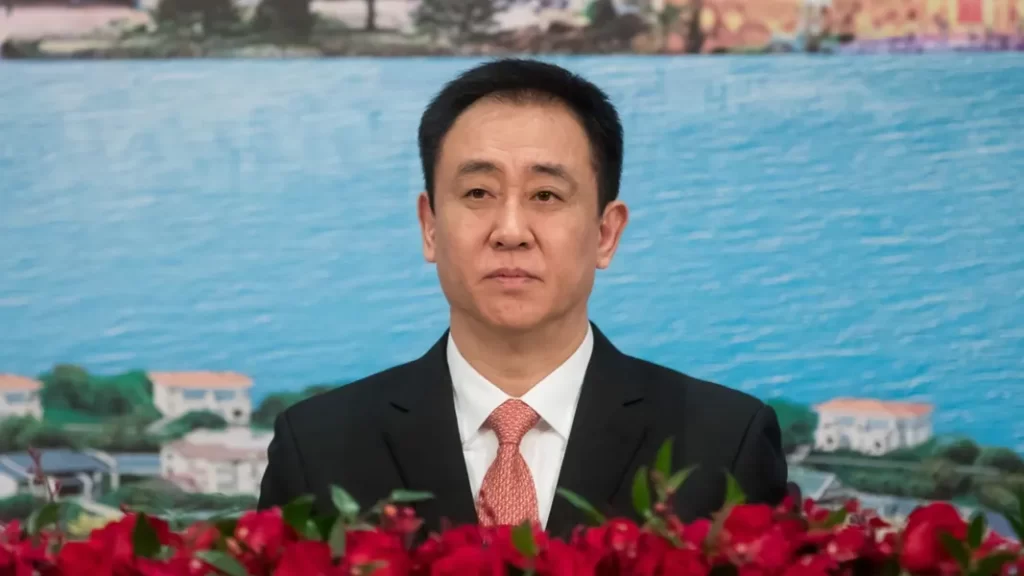Hui Ka Yan, the 65-year-old chairman of China Evergrande Group, has been moved to a special detention center in Shenzhen, according to two sources familiar with the matter. Hui, once China’s richest man, has not been seen in public since Chinese authorities took him into custody a year ago.

The relocation of Hui, whose company is at the epicenter of China’s property sector crisis, comes after a series of regulatory actions against Evergrande. In March, China’s securities regulator fined Hui $6.6 million and barred him from the securities market for life, following findings that Evergrande’s flagship unit had inflated earnings and committed securities fraud. The company was subsequently ordered into liquidation in January.
Sources say Hui was initially under house surveillance in Beijing after his arrest. His transfer to Shenzhen reportedly occurred a few months ago to facilitate easier communication with top Evergrande executives. The company is headquartered in nearby Guangzhou, with its wealth management unit based in Shenzhen.
Hui’s current legal status remains unclear. He has not been formally charged with any crimes, and it is uncertain how long he will remain in detention or whether he will face trial. This situation mirrors that of other high-profile Chinese business executives who have been detained for extended periods with little public information about their cases.
The special detention center where Hui is reportedly held typically offers better conditions than ordinary detention facilities. One source claims Hui is in “good shape” with access to medical care and quality food. He is said to have written a letter to senior Evergrande executives urging them to resolve outstanding payments to investors in the company’s wealth management products.

Evergrande’s troubles began in 2021 when it defaulted on most of its $300 billion liabilities, including billions in wealth management product payments. The company’s financial woes have become symbolic of China’s broader property sector crisis, which has significantly impacted the country’s economic growth.
A regulatory probe in March revealed that an Evergrande unit had inflated its revenue by 564 billion yuan ($79 billion) during 2019-2020 and issued bonds based on falsified statements. This revelation led to the sanctions against Hui and further eroded investor confidence in the company.
Sources also indicate that Evergrande is nearing completion of most homes promised to buyers, with over 70% of construction reportedly finished for these apartments. However, specific numbers were not provided, and Evergrande had nearly 800 projects across China as of 2022.
The ongoing Evergrande saga continues to unfold against the backdrop of China’s efforts to stabilize its property market and manage the fallout from years of rapid, debt-fueled expansion in the sector. As Hui remains in detention, the future of Evergrande and its impact on China’s broader economy remains uncertain, with investors and policymakers closely watching for further developments.



